What Questions Should I Ask a PPF Installer Before Choosing Them?
Selecting the right PPF installer requires evaluating their certification, experience, warranty coverage, and insurance status: factors that directly impact both installation quality and your long-term protection investment.
Essential Qualification Questions
Experience and Certification Assessment forms the foundation of installer selection. Ask specifically: "How many PPF installations have you completed, and what certifications do you hold?" Industry certifications can demonstrate training completion and ongoing commitment to quality standards. However, contrary to popular belief, certification alone isn't sufficient; request examples of recent work on vehicles similar to yours.
Installation Process and Environment significantly influence final results. Inquire about their step-by-step procedure, surface preparation methods, and facility conditions. Professional installers should describe thorough decontamination protocols, controlled dust-free environments, and precise cutting techniques. This results in superior adhesion and aesthetic outcomes compared to improvised installations.

Material and Technology Questions
Film Brand and Quality Standards directly affect protection longevity. Ask: "What PPF brands do you use, and why did you choose them?" Quality films like XPEL Ultimate Plus, 3M Scotchgard Pro, or UPPF Hammerhead offer self-healing properties, UV resistance, and 10-year warranties. Installers using budget materials may compromise long-term performance despite lower initial costs.
Pattern Technology and Customization determine installation precision. Question whether they use computer-generated pre-cut patterns or custom cutting methods. Advanced plotting software and pattern databases ensure perfect vehicle-specific fits while minimizing hand-trimming risks that can damage paint.
Protection and Warranty Framework
Comprehensive Warranty Coverage provides essential protection for your investment. Demand details on both manufacturer and workmanship warranties: "What specific defects are covered, and for how long?" Quality installers offer 5-10 year manufacturer warranties covering yellowing, peeling, and bubbling, plus 1-2 year workmanship guarantees for installation issues. Avoid installers unable to provide clear warranty documentation.
Insurance and Liability Coverage protects against installation damage. Ask: "Do you carry liability insurance, and what happens if my vehicle is damaged during installation?" Professional installers maintain comprehensive liability coverage and should provide proof upon request. This coverage becomes critical if installation errors damage paint or vehicle components.
Critical Red Flags to Avoid
Warning Signs include vague process explanations, inability to show recent work examples, lack of proper certifications, or reluctance to discuss warranty terms. Additionally, installers pressuring immediate decisions or offering significantly below-market pricing often compromise material quality or proper procedures.
Documentation Requirements ensure accountability. Verify they provide detailed invoices, warranty cards, and before/after photographs. This documentation proves essential for future warranty claims and insurance purposes.
Implementation Strategy: Schedule consultations with 2-3 certified installers, request facility tours, and compare their responses to these questions. The installer demonstrating superior technical knowledge, comprehensive warranty coverage, and professional credentials typically delivers optimal long-term value despite potentially higher initial costs.

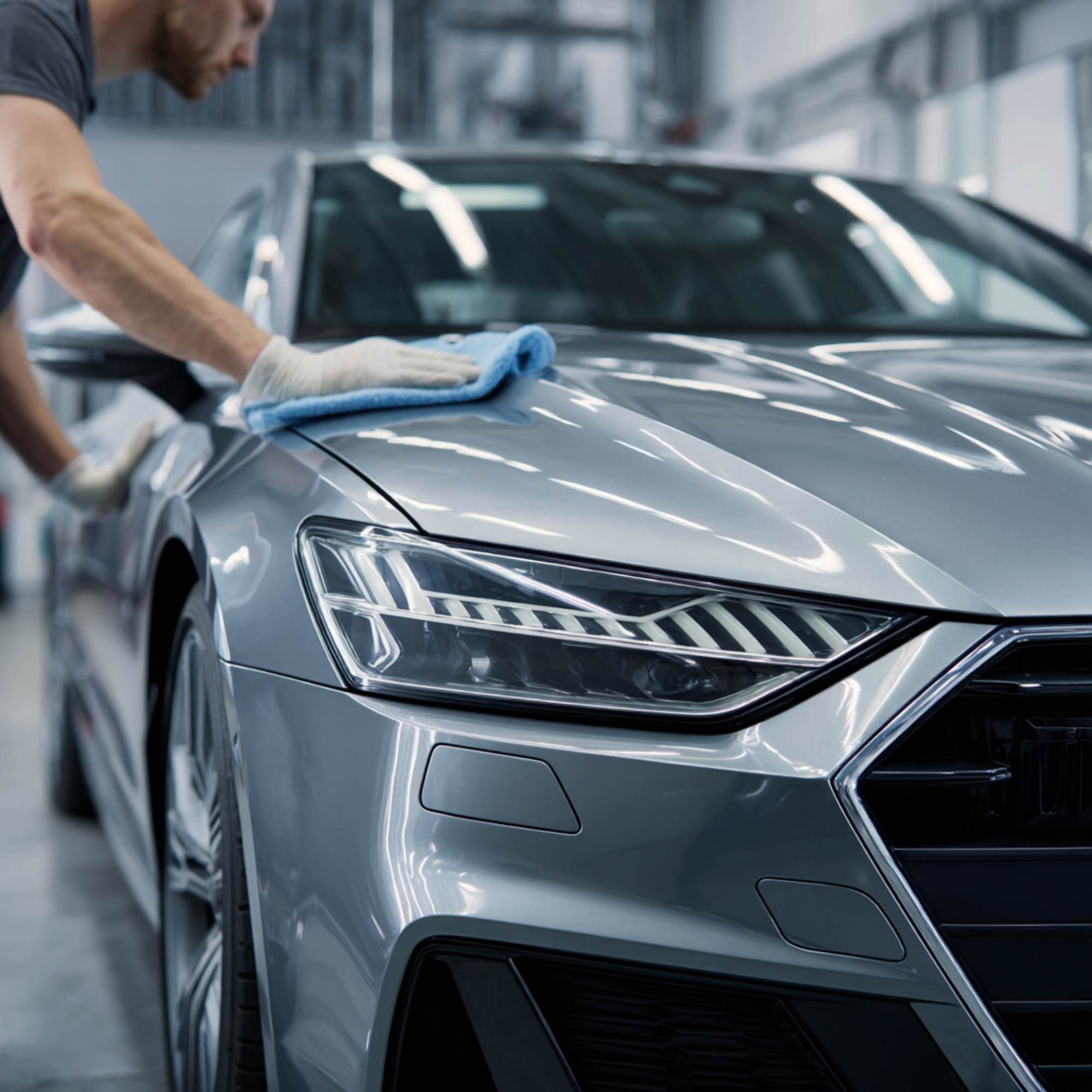
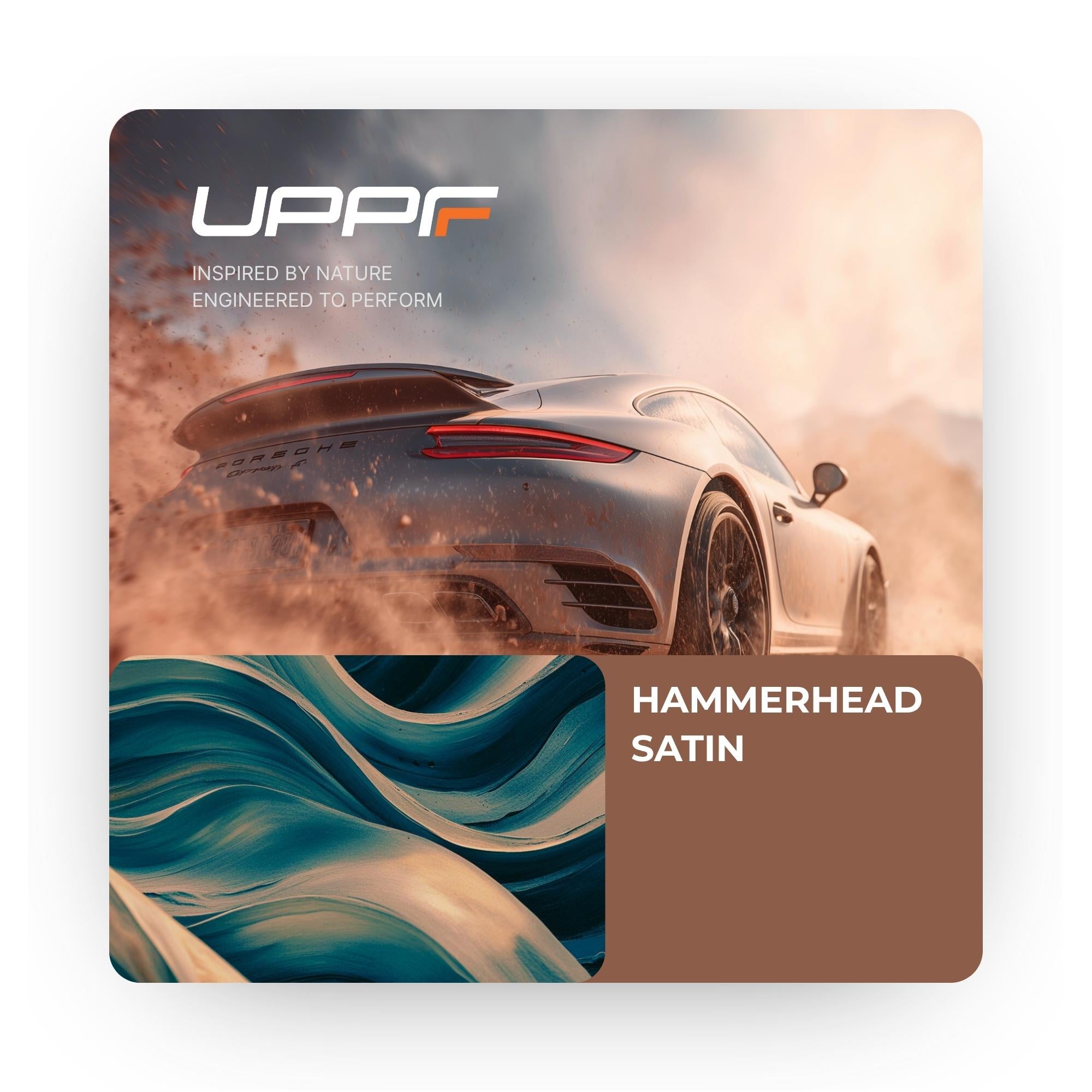
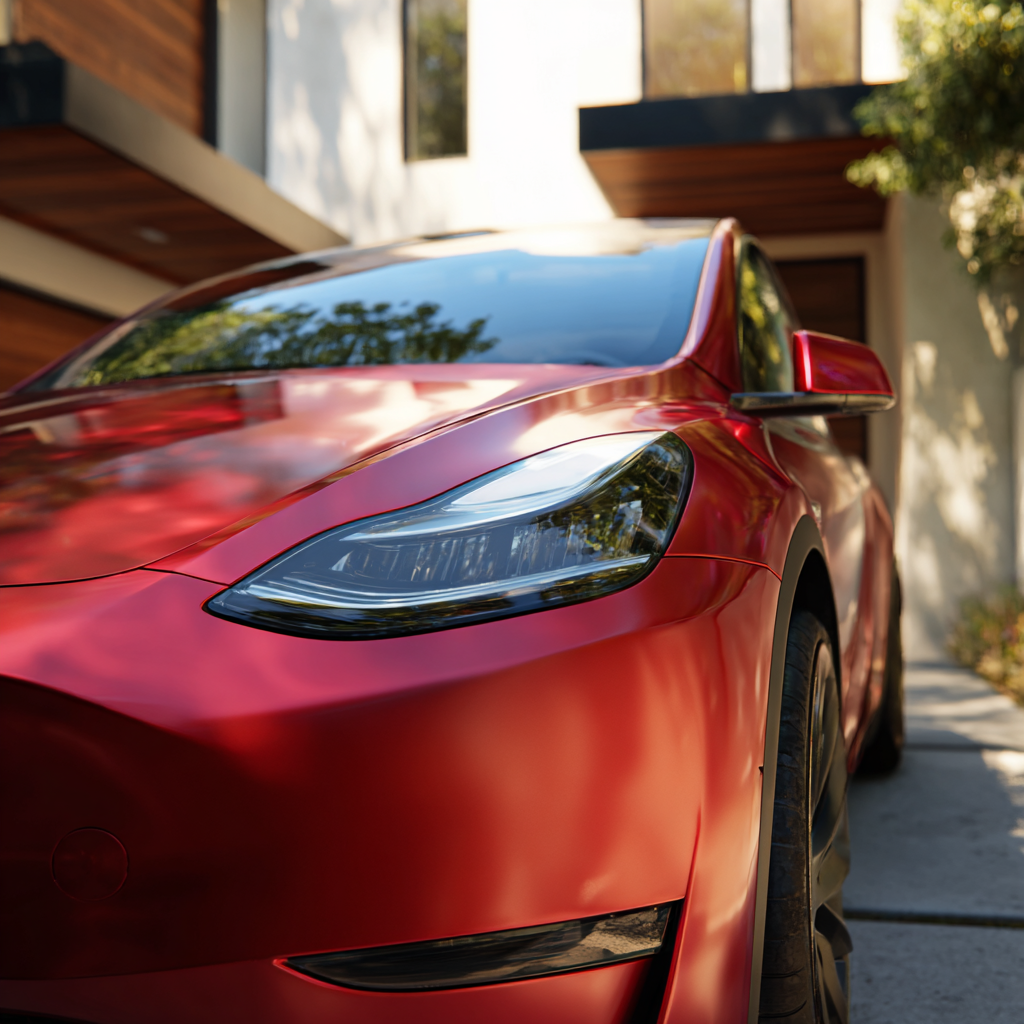

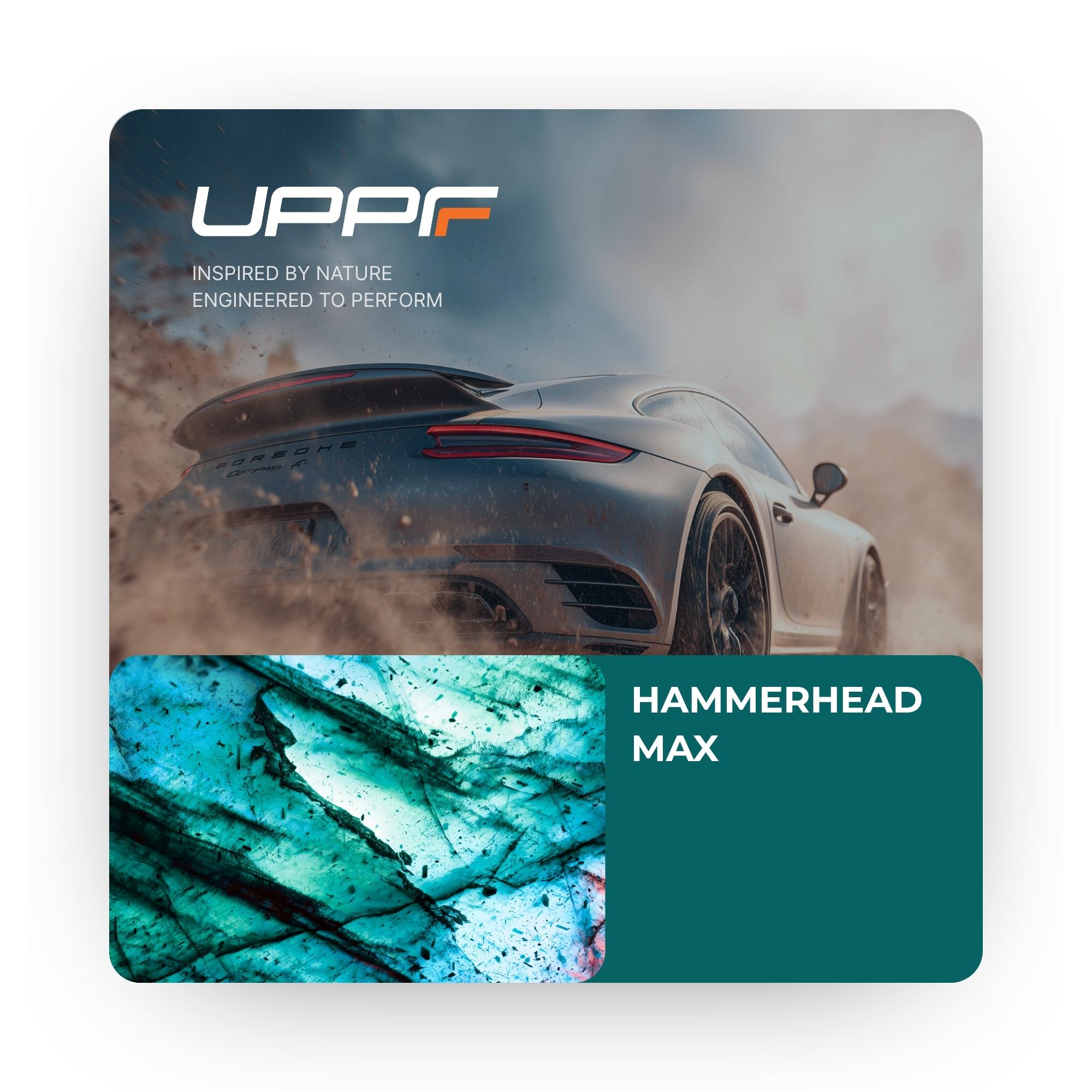
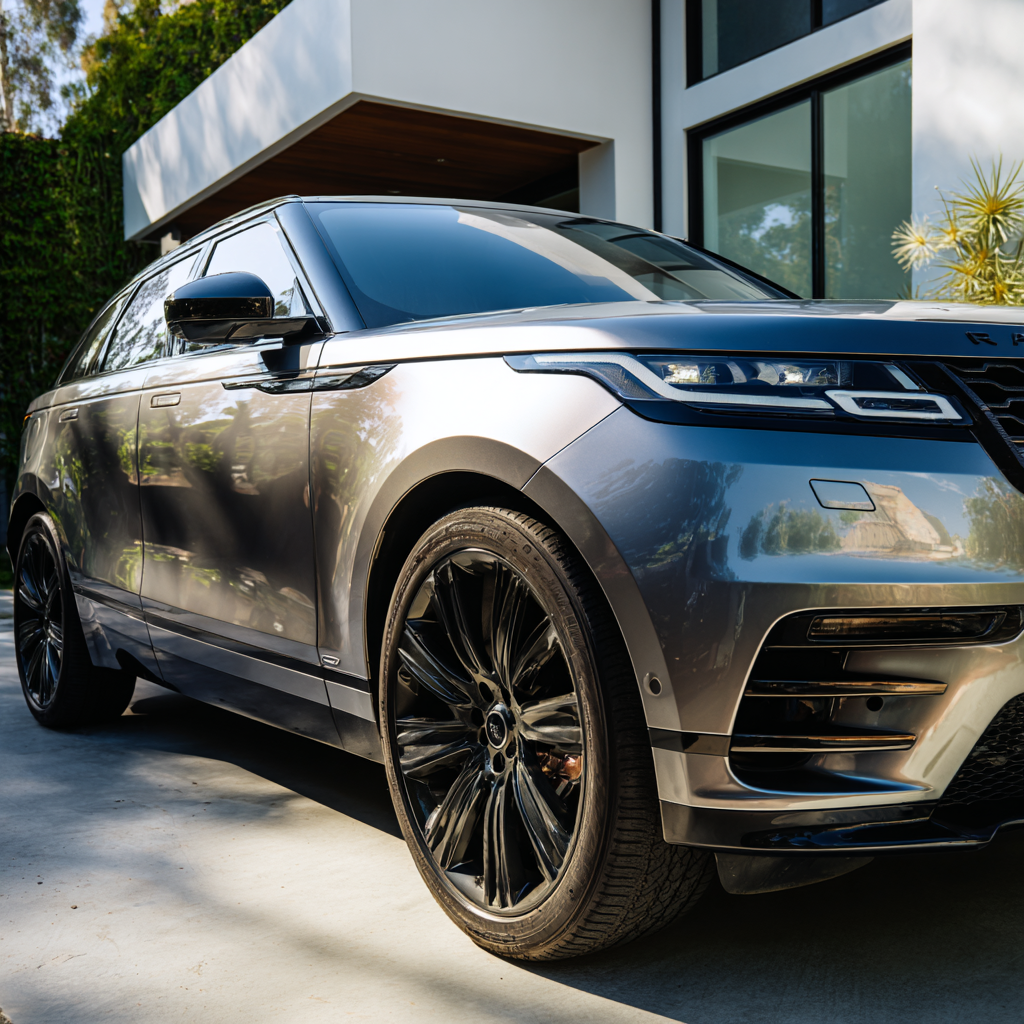

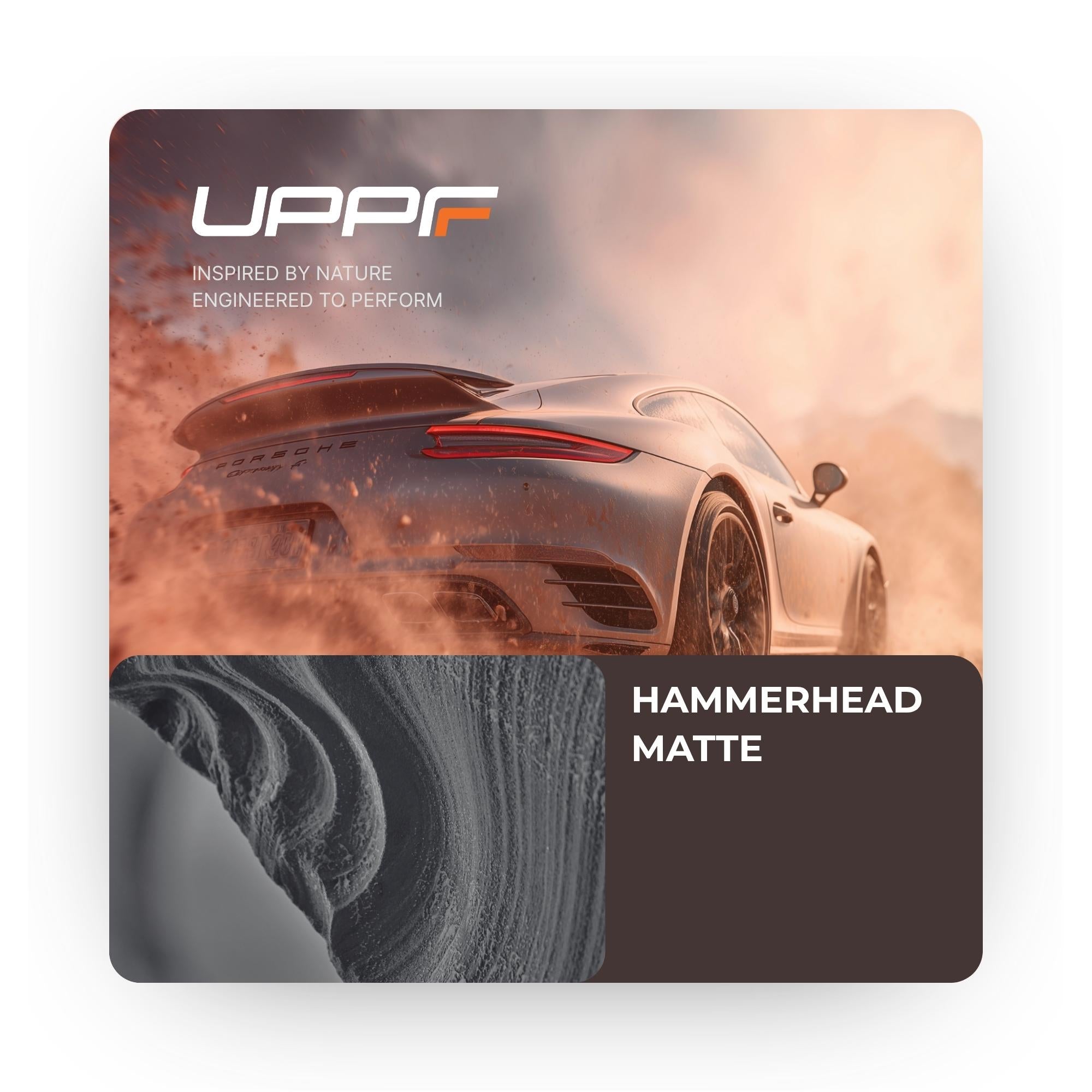

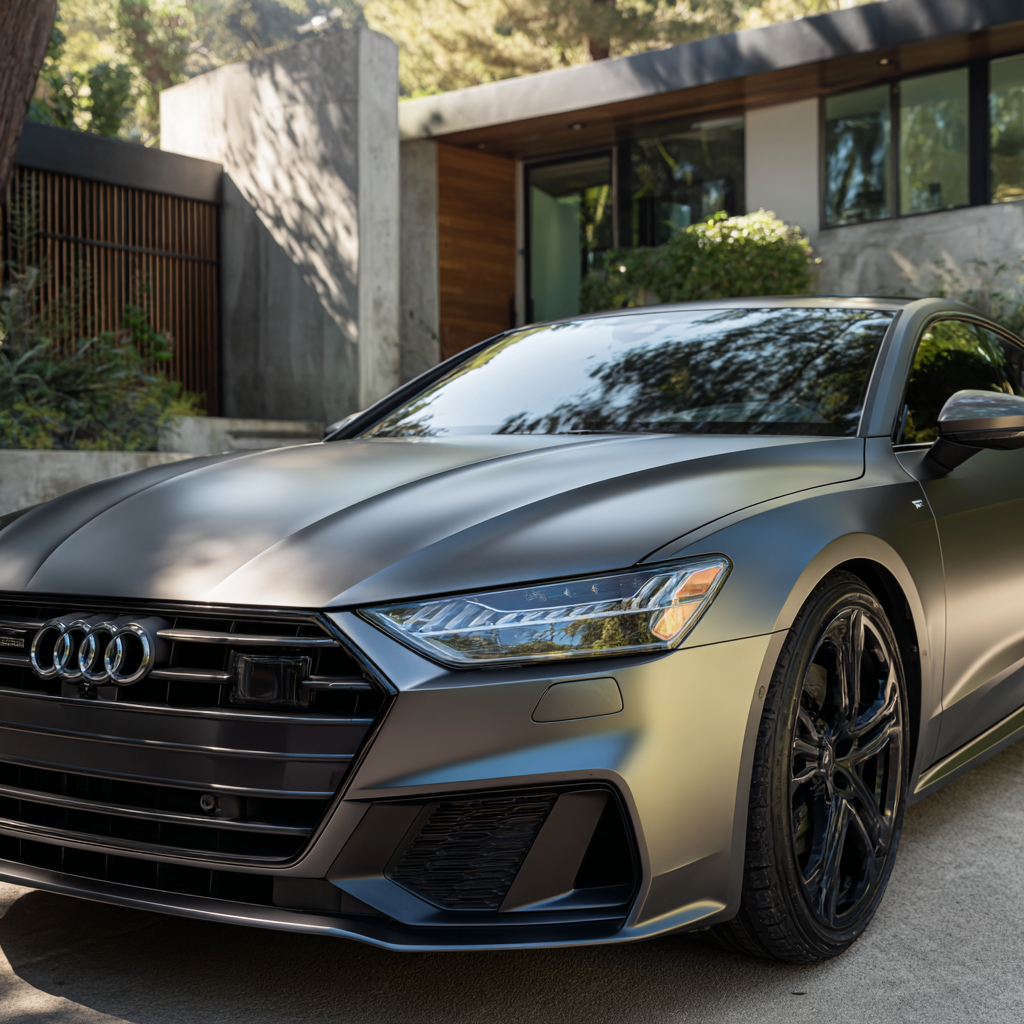
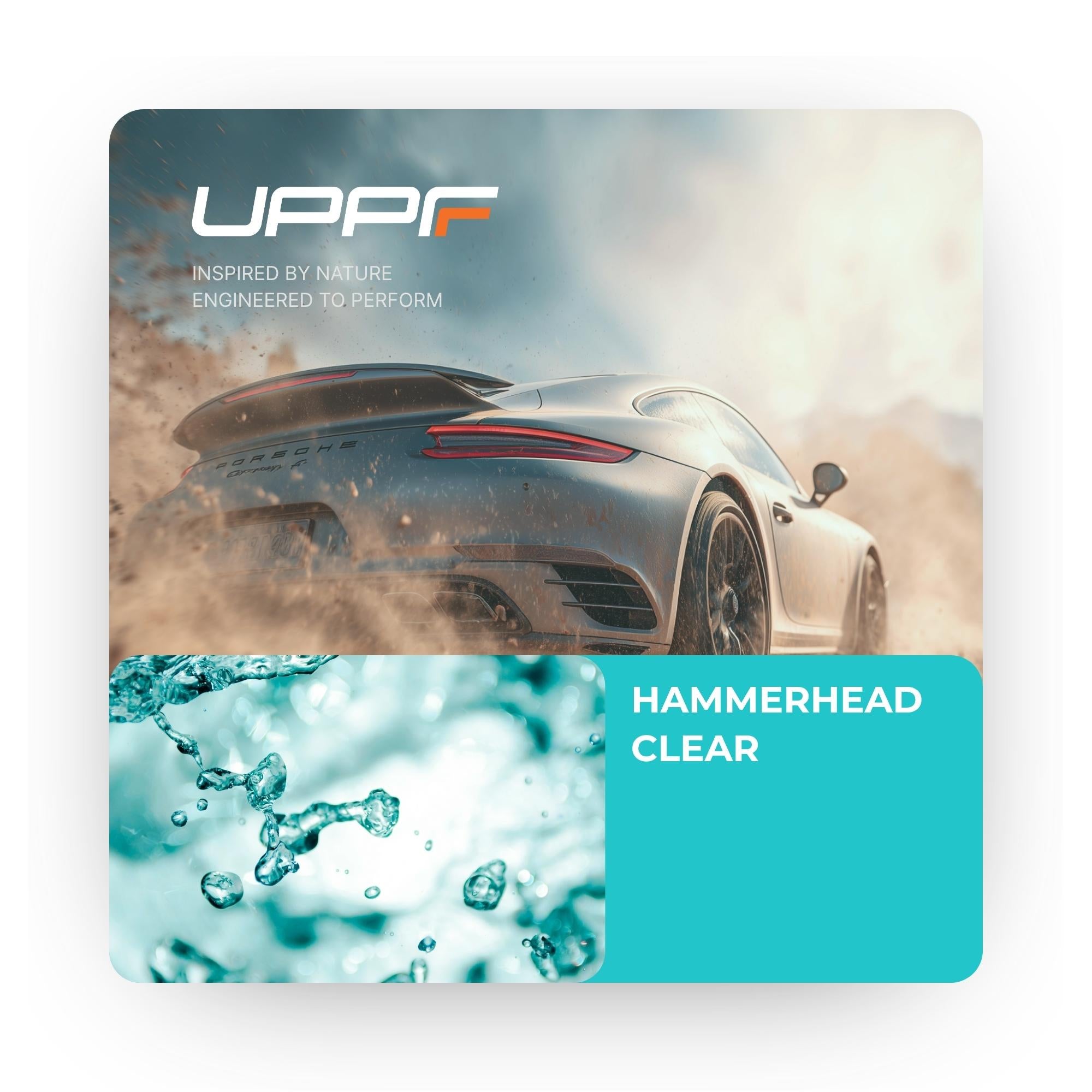

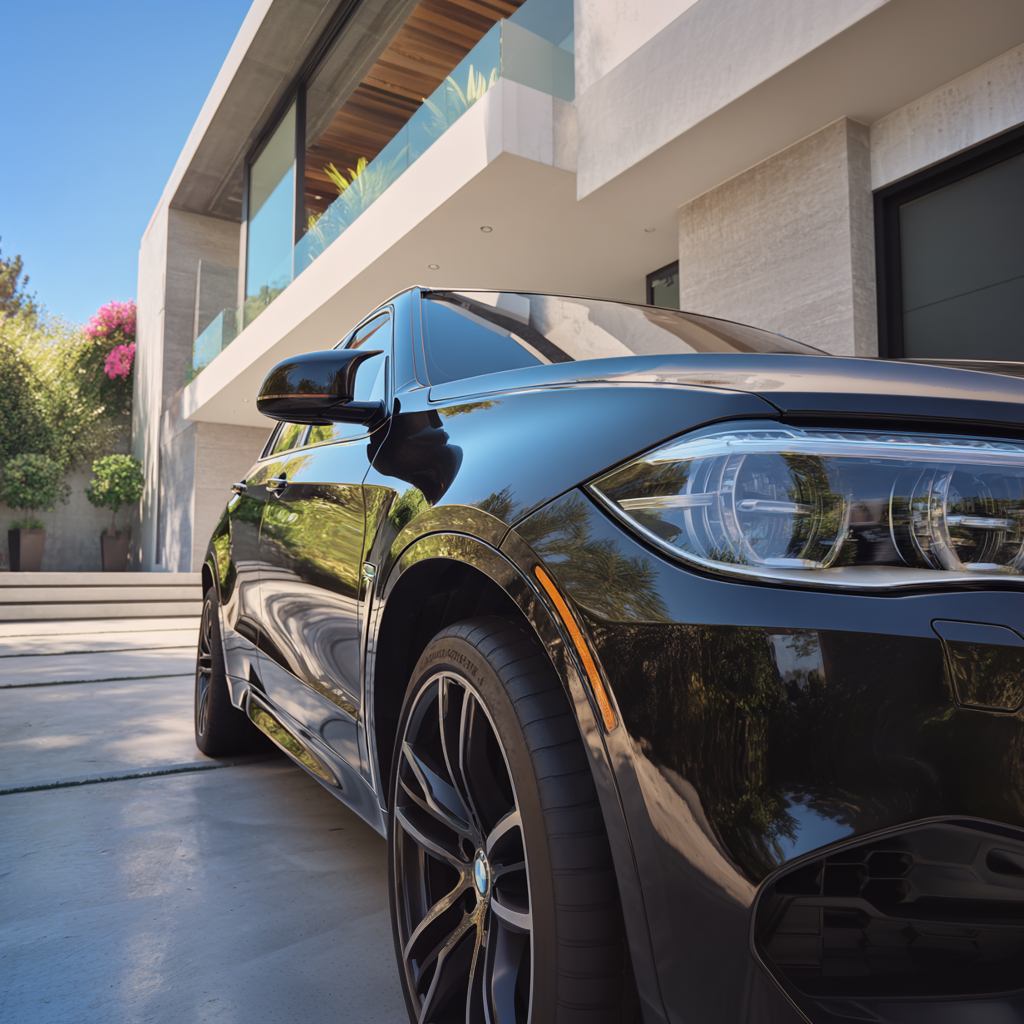
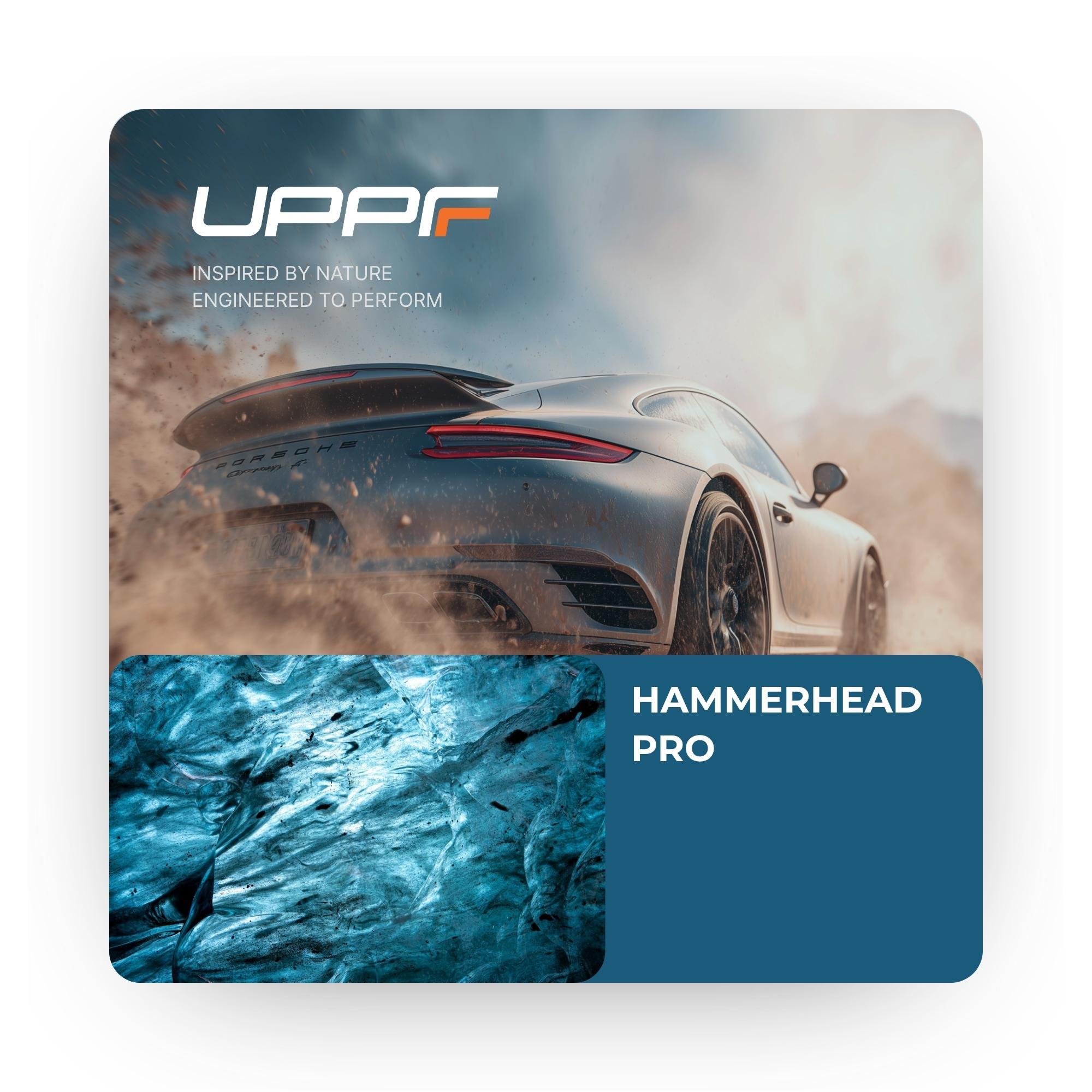
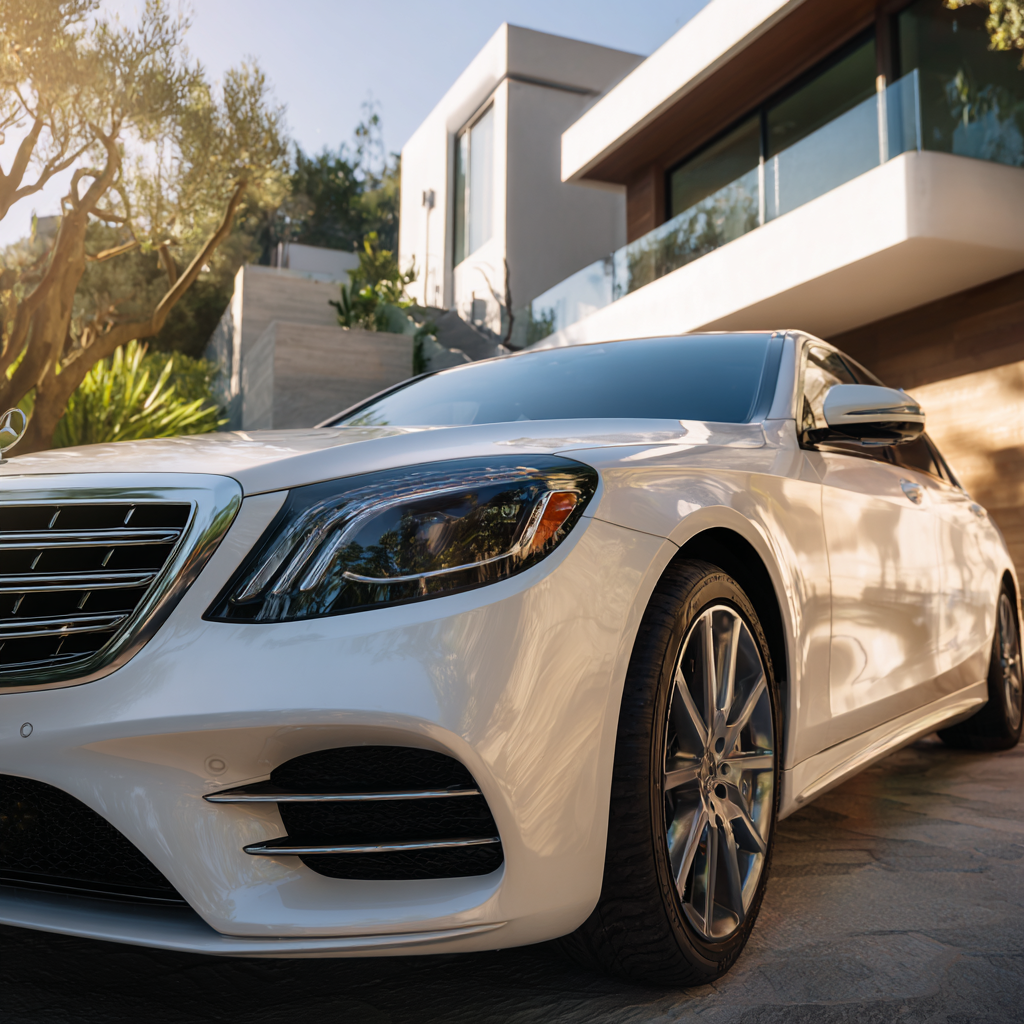


Share:
Lando Norris secured his first Monaco Grand Prix win
RADwood @ The Amelia 2025